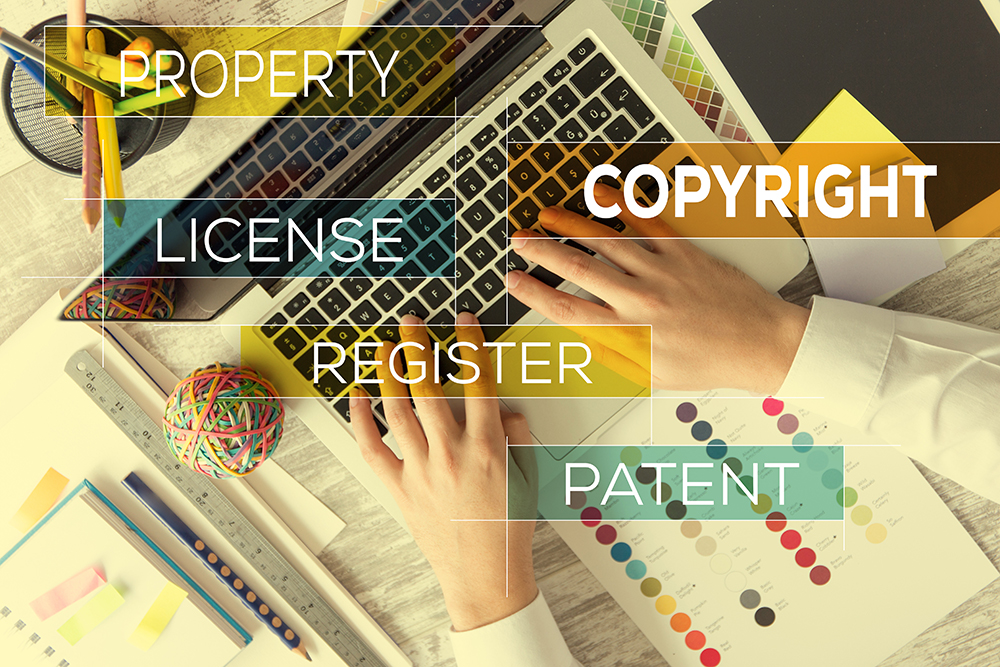The Time is Now: The Need for Government Blockchain
Blockchain technology offers massive potential for state administration. Stephan Zimprich, Leader of the eco Competence Group Blockchain, looks at how this foundational technology could transform e-government.

©iLexx | istockphoto.com
Blockchain technology offers massive potential for automating and accelerating processes of state authorities and, ultimately, it could completely transform state administration. Blockchain provides government agencies with new instruments to facilitate complex and trustable interactions between government and citizens. The arrival of this disruptive technology on the scene could not have happened at a better time, given the demand for simplified and, at the same time, more transparent administrative processes – a demand testified to in Germany by recent research.
70 percent of German companies want a federal blockchain
According to a study by eco and YouGov [1], 81 percent of companies in Germany would like more opportunities to securely exchange data with government agencies. But here’s the rub: 44 percent of corporate decision-makers do not have confidence in data security when exchanging data electronically with public authorities and government agencies. A total of 68 percent, however, think that innovative solutions such as blockchain could help here. In the view of 70 percent of the respondents, the state should offer companies the opportunity to transfer company data to public authorities protected by blockchain technology.
Concrete blockchain projects needed
In order to respond to this growing demand for a federal blockchain, the eco Competence Group Blockchain hosted an event on the topic of blockchain and e-government in Düsseldorf in September 2018 . Here, 25 experts and stakeholders gathered to explore concrete blockchain project scenarios. For example, Peter Adelskamp, CDO of the NRW state capital Düsseldorf, introduced the city’s recently launched service portal and identified possible approaches for the application of blockchain in the portal – such as facilitating data exchange and transparency in the registration process for residents’ parking permits.
Dieter Rehfeld from regio IT went on to demonstrate the potential of “document and identity management with blockchain”. His contention is that blockchain makes sense everywhere where administration registers changes of rights, and records these changes unambiguously, verifiably, and indelibly. Rehfeld went on to clarify that the blockchain would not replace registers, but rather would connect existing registers with one another.
An input from Guido Weiland, Head of the Innovation Center at Materna GmbH, showcased how digital services for citizens could be built and implemented on the basis of a blockchain. Materna GmbH is working on a prototype for the use of blockchain to enhance civic participation in the measurement of air quality. Sensors would be used to measure air quality, with the city’s sensors supplemented by those of citizens. Citizens would upload their data via the city’s online portal, with participation rewarded through a “citizen blockchain token”, which in turn could be exchanged for services provided by the municipality (e.g. visits to museums or coupons for local stores). The principle is similar to that of a stamp card, which in this case would be used to encourage civic participation.
Competition between nations
The scope for governmental blockchain infrastructure is naturally not limited to Germany. Indeed, in April 2018, 22 European Member States signed a declaration to further develop blockchain technology and to foster broader usage. With this “Cooperation on a European Blockchain Partnership”, Europe wants to play a driving and leading role in this foundational technology.
The need to get ahead with this aspect of digitalization is pressing. At the eco Blockchain Masters in Hamburg in early May 2018, a keynote speaker was Taavi Kotka, former Chief Information Officer of the Estonian government and a pioneer of digital development. He reported first-hand about digitalization of e-government in Estonia – a country compared against which Germany seems to have stepped out of time.
With blockchain, guaranteeing full transparency while at the same time protecting citizen data and privacy is now technically feasible, according to Kotka. This guarantee puts paid to any excuses of those in power who may have postponed the digitalization of state administration until now. In the future, Kotka believes people will increasingly view government agencies as service providers from whom they expect to receive services without encountering major bureaucratic hurdles. He predicts that it will even come to a competition between nations – for example, for highly qualified specialists from abroad. This competition will be won by those who can offer services digitally more simply and efficiently. Modernizing and digitalizing administrative processes is therefore a necessary investment in a country’s economic future.
People are becoming increasingly aware of what blockchain technology can offer, in Kotka’s experience. “Blockchain solves a very important topic that has been used as an excuse by governments not to do anything. And that excuse is that we have to protect privacy and data, which is absolutely true. If governments were to solve their data gathering and data usage in a way where everybody can see how it was used, and why, and guarantee that privacy and data security is protected, basically, they remove the excuse.”
Because it is precisely the strengths of blockchain – maintaining tamper-proof registers and acting as a trustworthy neutral authority – that are the core characteristics of public institutions. Now is the time for public institutions to get to grips with digitalization and to implement concrete projects, was the conclusion drawn by Kotka.
References
[1] eco Association study “Blockchain and Exchange with State Administrations – Needs and Opportunities”. 500 company decision-makers were surveyed in March 2018.
Stephan Zimprich is a lawyer in the intellectual property and media team of Fieldfisher's Hamburg office with six years of experience in advising clients, ranging from start-up size to multinational market leaders in the fields of copyright, media and broadcasting regulation, and data protection. The main focus of his work lies in the area of digital content distribution and data-driven business models such as targeted advertising and mobile advertising. He has a particular expertise in the online travel sector, where he advises international clients from Europe and the US in the fields of data protection, advertising, and travel regulation, as well as general commercial law, including cross-border co-operations.






